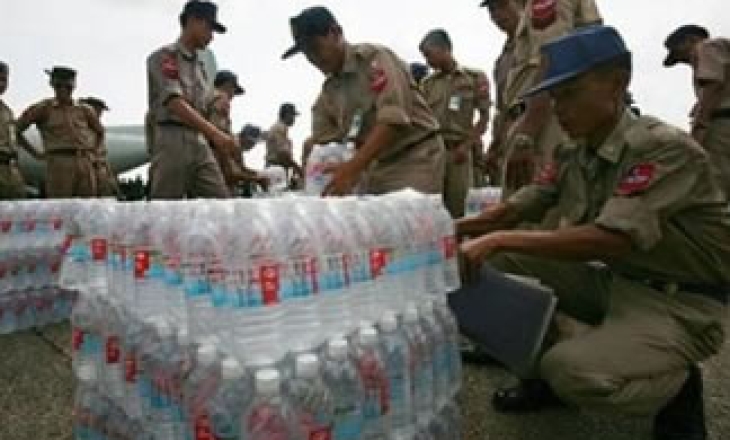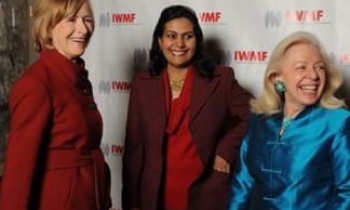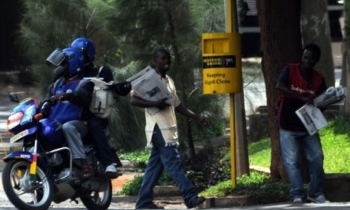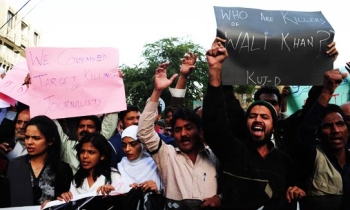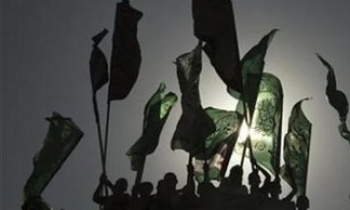The Burmese junta, which has appealed for international aid to cope with the impact of Cyclone Nargis, has barred foreign journalists from entering the country and expelled one BBC reporter, news agencies have reported quoting state media.
BBC Asia correspondent Andrew William Harding was stopped by Myanmar (Burma) immigration officials at Yangon International Airport from entering the country May 5 and sent back to Thailand, the state-run MRTV reported, according to Deutsche Presse-Agentur (DPA). The military-controlled television station said Harding was on the government's "blacklist" for journalists.
Myanmar, which has been under military dictatorships since 1962, rarely allows foreign journalists to enter the country on journalist visas, and only allows China's Xinhua news agency to employ expatriates to be based in the country.
"A journalist who is working for BBC was deported as he broke visa rules and regulations," the official paper said, saying Harding had tried to enter the country on a tourist visa instead of an official journalist visa, according to Agence France-Presse (AFP). "Journalists from news agencies in Western countries illegally entered the country very often and made fabricated news with the help of anti-government groups," it said.
The newspaper, according to AFP, said Harding had been blacklisted from the country after he had earlier entered on a tourist visa in 2006 and again last September as anti-government protests were getting underway. "He interviewed anti-government groups and aired false accusations and fabricated news in his 'Undercover Burma' programme," the paper said.
"He met with those creating unrest in Yangon and put their demands for the unrest in his broadcast," it added. The paper said Myanmar's military government had not taken legal action against Harding "for the sake of friendly relations" with Britain, the AFP report said.
In the aftermath of Cyclone Nargis, which has claimed more than 22,500 lives and left 41,000 missing, the government has thus far refused to allow foreign reporters in to cover the disaster, deemed the worst to hit South-East Asia since the December 2004 tsunami, the DPA report mentioned.
The regime, which has appealed for international aid, has been reluctant to waive visa requirements on aid workers seeking to bring disaster relief into the benighted country. The government of Myanmar, DPA said, had not responded to a request to waive visa requirements for international relief workers waiting for permission to bring much needed aid to victims of Cyclone Nargis, the UN said Tuesday.
The UN had asked the government in Myanmar to waive visas for relief workers assembled in nearby Bangkok so they can begin their journey to Myanmar, said Rachid Khalikov, an official of the UN emergency relief department at UN headquarters in New York. But the Myanmar embassy in Bangkok was closed on Monday for a Thai holiday. "So far, there were no instructions for visas in Bangkok," Khalikov said, according to DPA.

